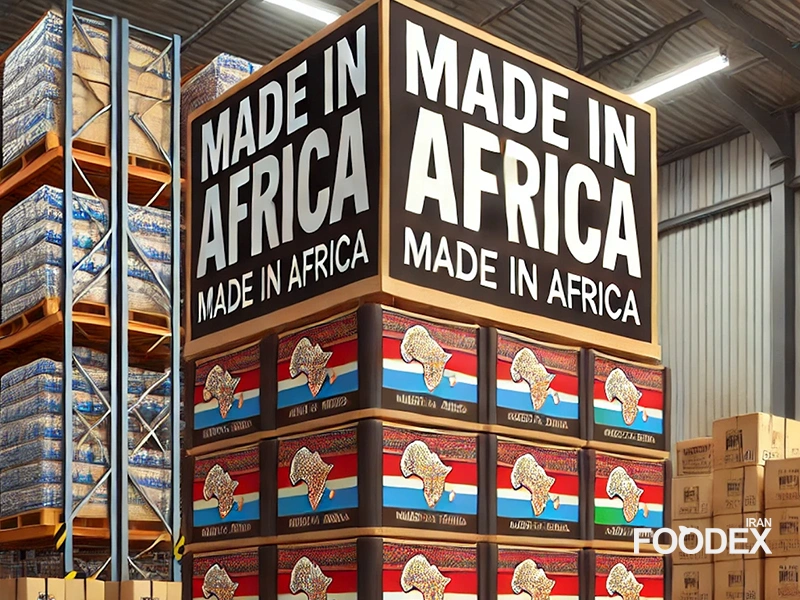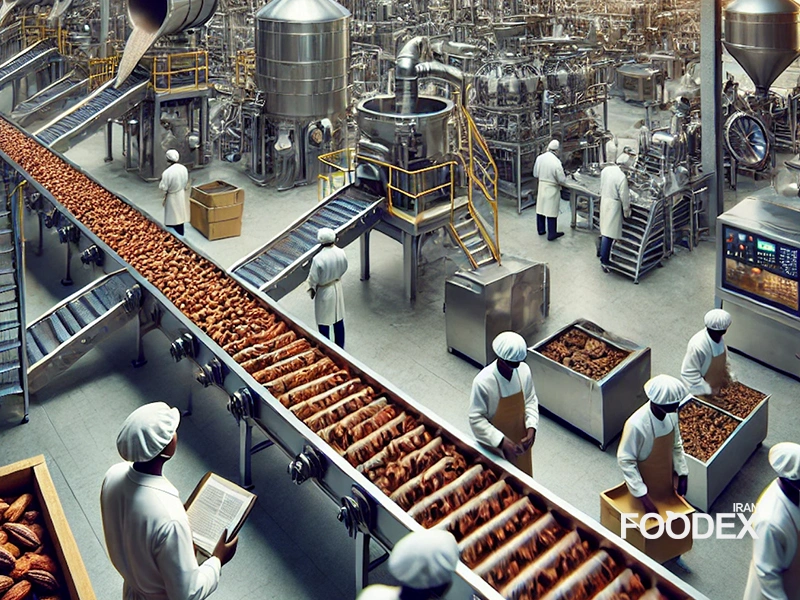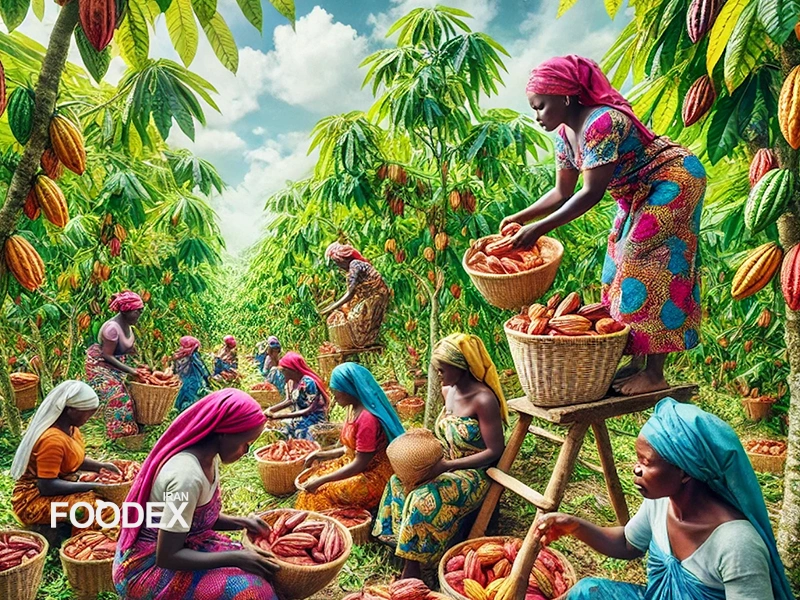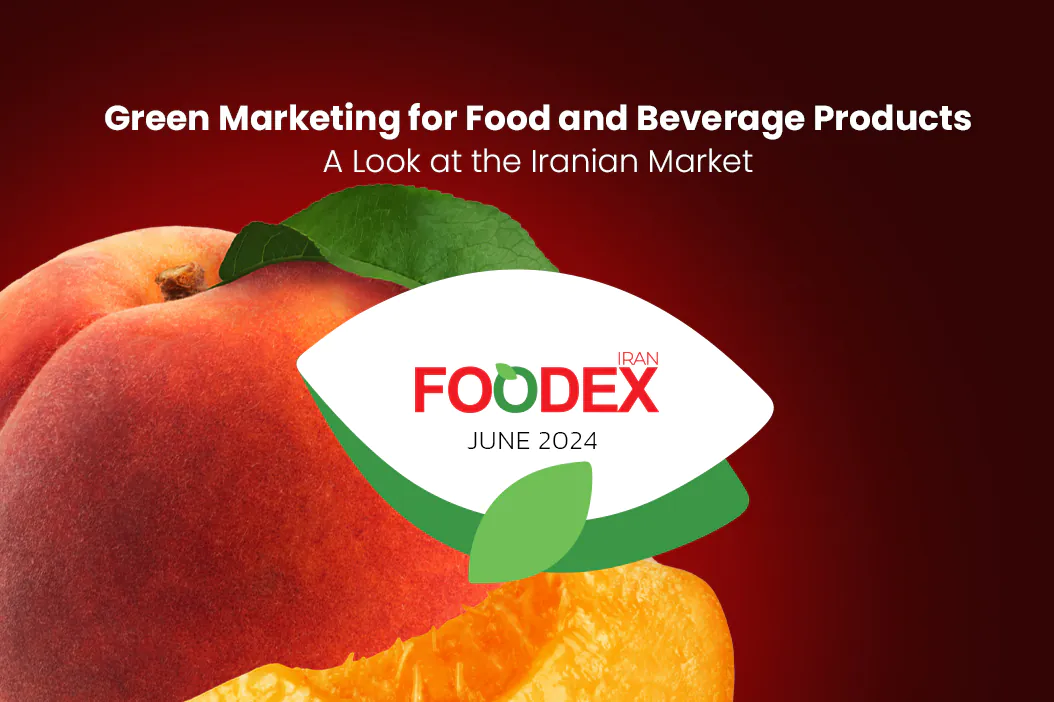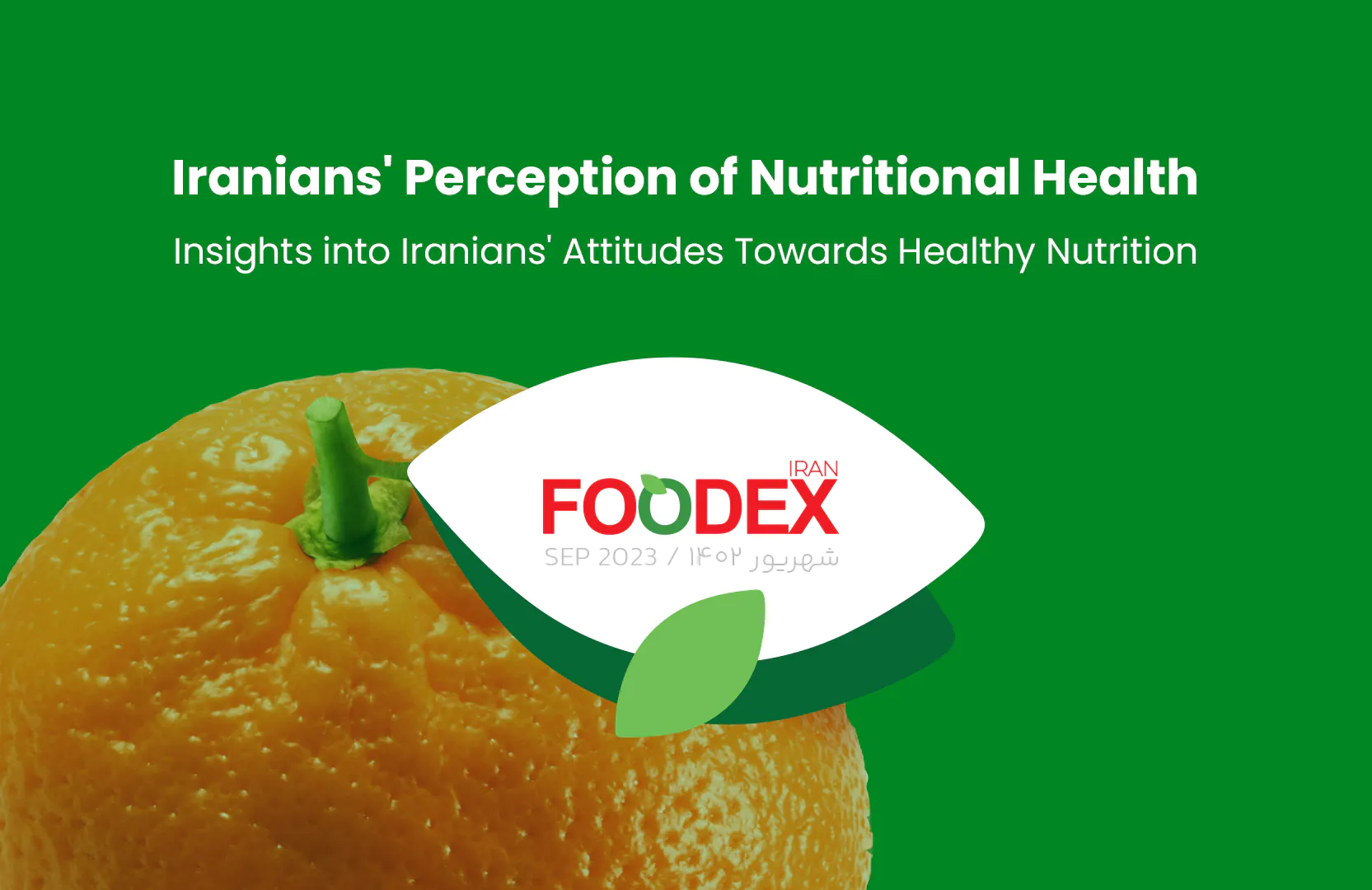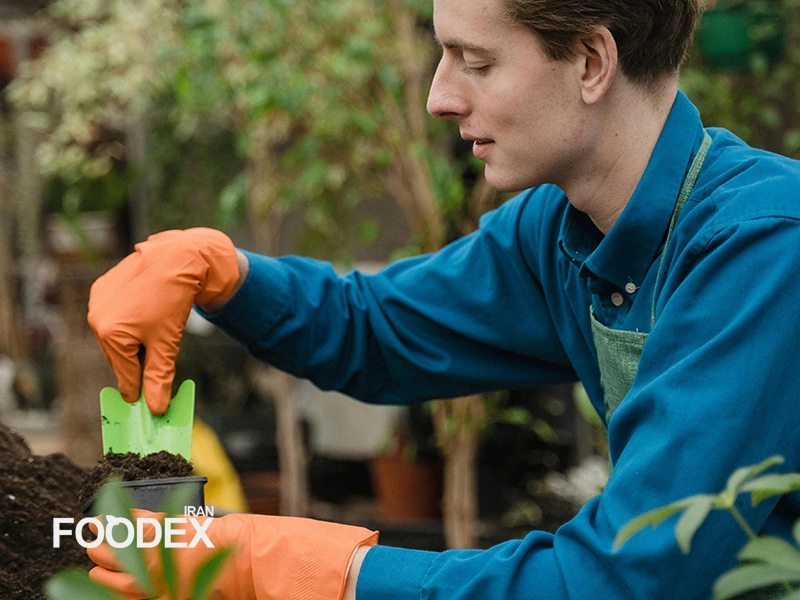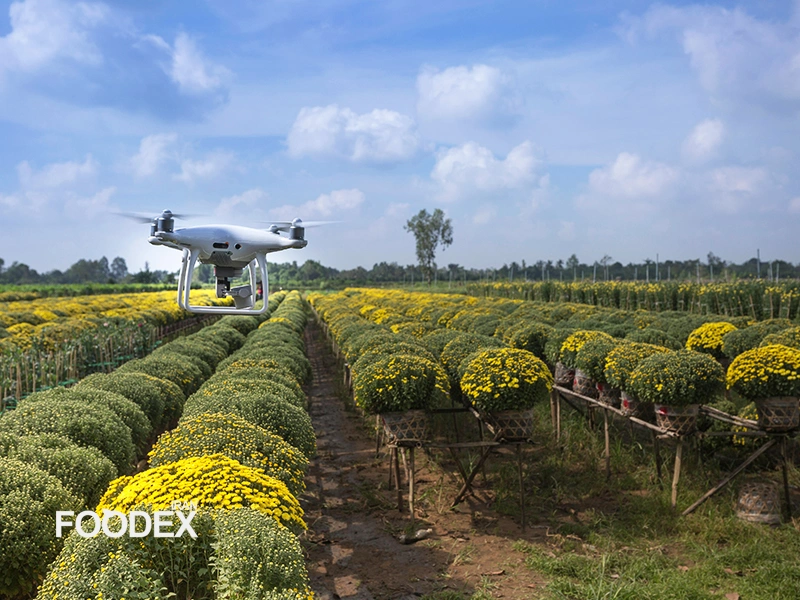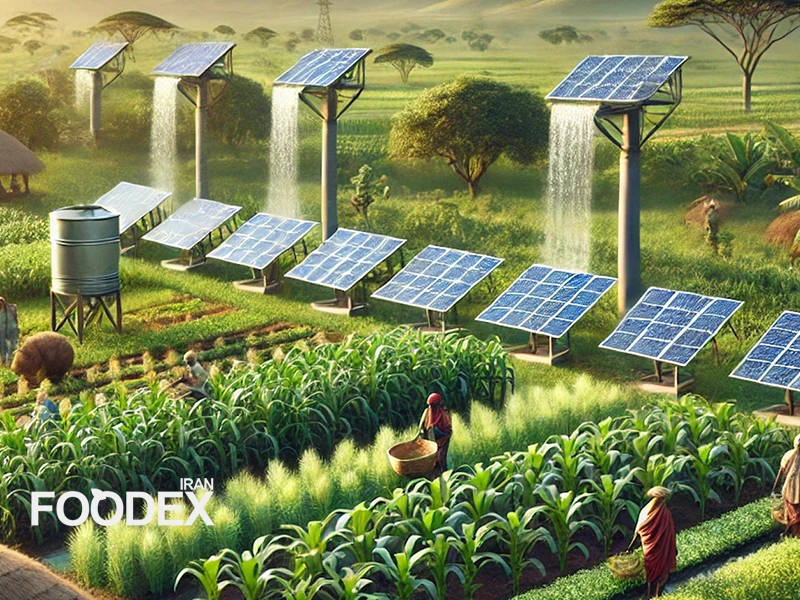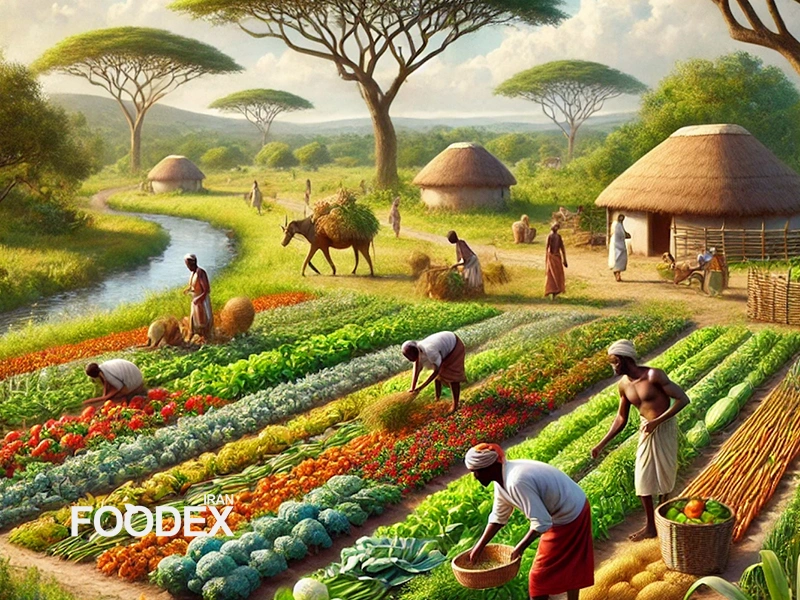For generations, agriculture has been a mainstay of the African economy. But, it still depends on exporting raw materials. Often, these are sent abroad without any processing or value addition. This means Africa misses out on significant economic potential and jobs. Processing agricultural products adding value could boost Africa’s economy. It would improve food security and unlock new growth. This blog covers three topics. First, the benefits of agricultural processing, Second, the state of Africa’s processing industries and Third, the continent’s potential for growth will be defined in this blog by Foodex.
The Current State of Agricultural Processing in Africa
Most African nations depend on the exportation of raw agricultural products such as coffee, cocoa, tea, and cotton. Sadly, in most instances, these commodities are exported without any processing. Much of the added value emanating from these products is realized by processing countries in Europe, Asia, and the Americas.
Africa is the largest cocoa producer in the world. But, most chocolate processing and production are done outside the continent. This means only a small share of the chocolate industry’s revenue benefits Africa. The World Bank estimates that only 10% of Africa’s raw agricultural products are processed there. This is despite great opportunities to raise incomes and boost employment.
Data and Statistics
According to the WEF, in 2023, Africa exported more than $50 billion worth of raw agricultural products. If its agricultural products were processed domestically, it could exceed $150 billion. The WEF projects a 574% rise in intra-African trade in agricultural products. This would happen if countries improved processing and supply chains across the continent.
Also, studies show that processing farm products can create jobs in packaging, transport, and marketing. Countries like Kenya and South Africa have invested in agricultural processing. They now boast strong economic growth and excellent job opportunities.
Benefits of Agricultural Processing
Increased Domestic Income
Processing agricultural products adds value. It creates more revenue for local farmers and domestic industries. Instead of selling raw materials at lower prices, processed products can fetch higher prices. This could greatly increase African countries’ income.
Job Creation
Processing agricultural goods requires manpower in both the production and distribution areas. It could create millions of jobs in Africa, reducing unemployment. Also, most of these jobs can be created locally in rural areas. This would reduce urban migration and boost rural economies.
Enhanced Global Competitiveness
The countries that process their agricultural products are more competitive in international markets. Value addition, through coffee, chocolate, and edible oils, boosts earnings. It keeps quality high and makes the product more competitive abroad.
Food Security Improvement
Product processing within countries can store surplus products longer. This reduces food loss and boosts food security across the continent.
Africa’s Agricultural Potential
Read MoreConstraints
Inadequate Infrastructure
A major obstacle to agricultural processing in Africa is poor infrastructure. Most African countries lack adequate facilities for processing, storage, and transportation. Without these key systems, agricultural processing cannot reach its full potential.
Limited Investment
Agricultural product processing needs huge financial investments. Sadly, most African governments and firms lack the funds to build processing plants and improve infrastructure.
Technological Barriers
The limited access to modern processing technologies and equipment is another major challenge. This includes, without the right tools, the inability to add value to Africa’s raw products and make them competitive in advanced markets.
Solutions and Opportunities
Investing in Infrastructure
Governments and international organizations must invest in processing infrastructure. Their role is vital. This includes building factories, improving transport networks, and modern storage. The goal is to reduce post-harvest losses and improve product quality.
Encouraging Foreign Investment
Governments can boost foreign investment with supportive policies and incentives. This will encourage private firms to invest in processing agricultural products. By so doing, there will be much increase in the capacity to process and also efficiency within the sector.
Increasing Training and Technology Transfer
Training farmers in modern processing can boost quality and income. Importing advanced equipment and transferring modern processing technologies can also help African countries compete in global markets.
The Role of Women in African Agriculture
Read MoreCase Study: Ghana
Ghana is a top cocoa producer. For years, most of its cocoa was exported raw to Europe and the U.S. Recently, Ghana has tried to boost its domestic cocoa processing. To boost its cocoa exports, Ghana built chocolate factories. It also gave local producers financial incentives. This move would help it compete better in the global chocolate market, increasing national income.
Conclusion
Value addition to agricultural products can make a change in Africa’s economy. By adding value, African countries could greatly boost incomes. This would create jobs and make them key players in the global agricultural market. But to realize this dream, large sums of money will have to be invested in infrastructure, technology, and training. Only collaboration can make this transformation real. It must be between governments, the private sector, and international organizations.
FAQ
Why is agricultural processing important for Africa’s economy?
Processing agricultural products adds value, increases domestic income, and creates jobs. Instead of exporting raw materials, processed goods can fetch higher prices and drive economic growth.
What are the main challenges facing agricultural processing in Africa?
Inadequate infrastructure, limited financial investment, and lack of modern technology hinder the growth of agricultural processing industries across the continent.
How can Africa boost agricultural processing and value addition?
Investing in infrastructure, encouraging foreign investments, and providing training with access to advanced technologies can significantly enhance processing capabilities and competitiveness.
Sources
FAO (Food and Agriculture Organization)
World Economic Forum (WEF)
World Bank Agricultural Reports
Ehsan Allahverdi
Executive Manager of Foodex Iran
Marketing Consultant for Leading Food & Beverage Brands
website | linkedin

